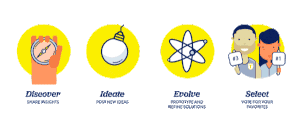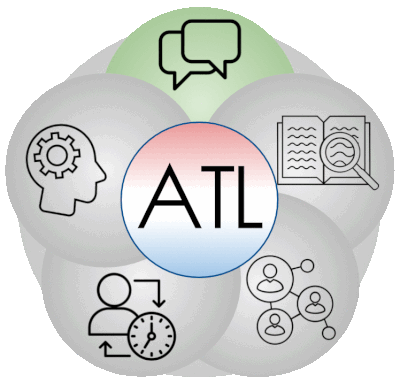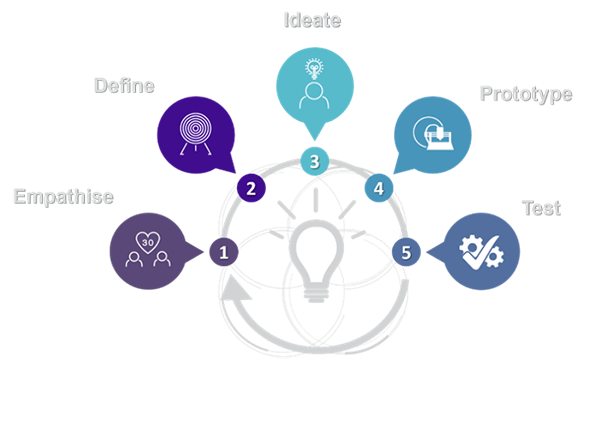victoriachoy.github.io
Teaching Portfolio
| Teaching Philosophy | Professional Growth | Honors | Associations |
Philosophy in Action
“以人为本的”教学理念在行动

My understanding of a teacher’s roles has been developing since I practiced the huamnistic approach in the beginning of my teaching career, or earlier as a service-oriented sales, R&D, and administration manager for both my colleagues and clients, one of whom became my business partner in a startup smart-tech company with a multinational team. I think a teacher is a facilitator of students for their learning in both local and global context, and personal growth in life, an engaging instructor seeking to make learning meaningful by connecting inquiry with students’ life experiences, a life-long inquirer for innovative pedagogy, effective practice, and changing identity, a collaborator and dedicated servant for the learning community, and above all, a global citizen in IB’s global community.
- Product Concept of The Co-developed Power Plant

- Positions at the Startup Smart-tech Company
Overview
A Facilitator of Learning and Growth

Enhancement of Students’ Agency and Self-efficacy
Conceptualized by Bandura in social cognitive theory, agency “enable[s] people to play a part in their self-development, adaptation, and self-renewal with changing times” (Bandura 2001).
PYP students with agency use their own initiative and will, and take responsibility and ownership of their learning. They direct their learning with a strong sense of identity and self-belief, and in conjunction with others, thereby building a sense of community and awareness of the opinions, values and needs of others.


The 6-year-old trouble-maker boy mentioned previously drew a mind map of an English song about good hygene habits and social distancing.

He used to lack interest in learning English because of the difficult immersive classes with themes integrating different disciplines, such as the personal, social, and physical aspects, literacy, music, dance, and arts mentioned above. His mother would talk to me on Wechat at night about the problems of her son. The boy also talked to me on the phone about his homework including reading aloud the lyrics of the English songs learned in class through our homework App. Aware of his learning difficulty, I recommended him to read only one line per day. When he completed the line, I gave him high praise. Together with his mother, we used positive discipline to acknowledge every little effort the boy made for his further academic improvement. I found him eager to follow my words whenever possible in the class. His willingness to learn was evident when I developed a close relationship with him, who would call me mother secretly. His agency and self-efficacy has been developing even after I left the training center in Shenzhen, because I have been in contact with his mom.
References:
Abdur Razzaq, Yulia Tri Samiha, Muhammad Anshari, 2018, Smartphone Habits and Behaviors in Supporting Students Self-Efficacy
Bandura, A. 2001. “Social cognitive theory: An agentic perspective”. Annual Review of Psychology. Vol 52, number 1. Pp 1–-26.
Bandura, A. 1997. Self-efficacy: The exercise of control. New York, NY, USA. WH Freeman and Company.
IBO, 2018, PYP The Learner
Matthew Brock, John M Schaefer, Rachel Seaman-Tullis, 2019, Self-determination and Agency for All: Supporting Students with Severe Disabilities
Development of the IB Learner Profile and Approaches to Learning during Inquiry-based and Concept-driven Learning
- Approaches to Learning/Skills - (Learning & Teaching, pp. 26-39 and The Learner, pp. 15-20)
ATL consist of interconnected cognitive and metacognitive skills that support students of all ages to own their learning. These transferrable skills serve as means to inquire into transdisciplinary themes and have a lifelong effect on learning. Synthesization and application of these skills with conceptual understandings and knowledge into transdisciplinary inquiry demonstrates attributes of the IB learner profile. During the process, teachers should be able to pinpoint the connection between LP attributes and ATL, personalize and provide authentic learning opportunities to nurture the development of these skills. At the same time, students become agents by revisiting LP attributes combining ATL. It is when teacher-student partnership is established, with effective learning and teaching activated.

- Learner Profile - (The Learner, p. 22-28)
The attributes of Learner Profile prepare students intellectually, personally, socially and emotionally to meet the challenge posed by IB mission to make positive changes to the world. It is IB mission in action, and can be developed, demonstrated and reinforced through student-initiated action facilitated inside and outside the community. The development of LP attributes in turn enhances students’ ability to respond to their inquiries. Collaborative identification and revisiting of appropriate and relevant LP attributes by teachers and students lead to effective learning and teaching.

https://www.teacherspayteachers.com/Product/IB-PYP-Learner-Profile-Poster-A3A4-3265927
- Action (includes agency and self-efficacy and international-mindedness) – (The Learner, pp. 1-5 and 29-39)
Within a positive and supportive learning community, IB students are self-motivated, self-directed and confident in their capabilities to own their learning on the concept-based knowledge through sustained inquiries into transdisciplinary themes, by taking autonomous personal or collaborative action on authentic issues, so that the learning community can recognize and nurture students agency & self-efficacy in student-teacher partnership by offering opportunities for students to develop approaches to learning and dispositions and to experience the impact of their action in local and global contexts. In this way, learners become more aware of their agency & self-efficacy and more engaged in positive changes to the learning community and beyond. Therefore, as the core of agency, action brings to life the international mindedness - the demonstration of effective learning and teaching.
https://blog.siliconvalleyinternational.org/the-inquiry-learning-cycle
I once taught an 11-year-old boy who was quite talented in music, arts, basketball, Chinese calligraphy, and STEAM model-making. Knowing about his interest in models, I introduced STEAM classes to him, such as biomimicry, energy transfer, and assembly of electronic components purchased online for model ships. The inquiry-based approach incorporates students’ voice and choice into planning, which in turn improves automous learning, enhances agency and self-efficacy. As can be seen from the boardwork (please forgive my handwriting), the student addressed problems encountered during the experiment from different angles, which prompted him for more experiments with the help of the internet after the class. Personally speaking, I was quite amazed by his ability to think critically and creatively, and persistence for his interests. The inquiry manifested the higher-order thinking skills in Bloom’s Taxonomy, approaches to learning (thinking skills, research skills, self-management skills), attributes of the IB learner profile (reflective thinker, inquirer, balanced, and open-minded), and the design thinking approach he used adeptly during the processes of define, ideate, prototype, and test.

https://bookunitsteacher.com/wp/?p=8498
Design Thinking

https://uxdesign.cc/design-thinking-for-kids-52b5c7351ba4
Here is an example of his inquiry during a STEAM class.

An Audio of His Presentation (His mother said it was a pity that he had not learned English before grade 3, so his pronunciation needed a lot more work.)
https://pan.baidu.com/s/1qPdy6-11YrNA8vf82ppqRg?pwd=1234
The Link to Generation Genius Science Lessons
https://www.generationgenius.com/videolessons/inspired-by-nature-biomimicry-video-for-kids/
References:
IBO, 2018, PYP The Learner
IBO, 2018, Learning and Teaching
- Concept-driven Curriculum
While students are learning subject matter, transdisciplinary concepts are embedded whenever there is an opportunity.
A 6-year-old Girl’s Inquiry about Form during a Mathematics Class of Shapes Based on Singapore textbooks Math in Focus
| Back | An Engaging Instructor | A Collaborator in the Learning Community |
📧 Contact: 175709572@qq.com | guitaracole@gmail.com